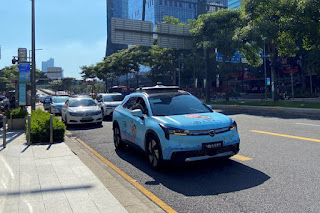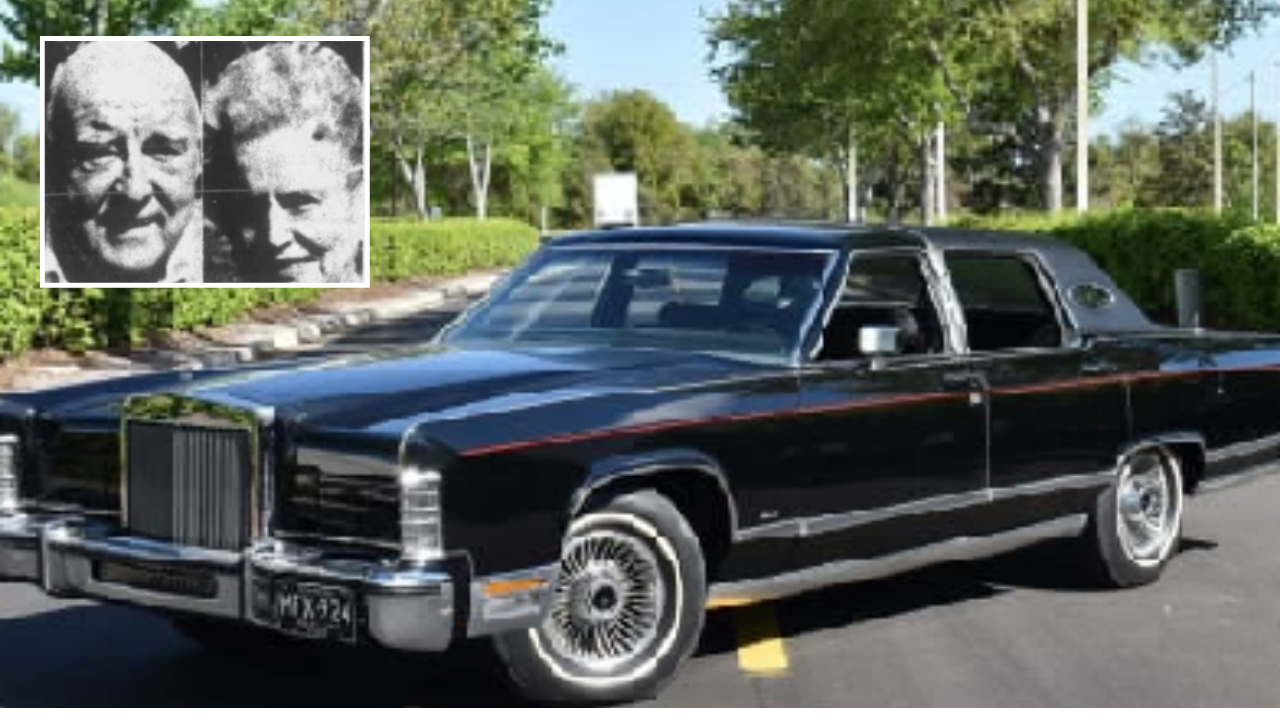ARTICLE AD BOX
China is planning to provide car owners with car trade-in subsidies of up to nearly $1,400. According to reports from the Wall Street Journal and Agence France-Presse on the 27th, China’s Ministry of Commerce and other departments said in a joint statement on Friday that from the date of the issuance of relevant details to the end of this year, used passenger cars that meet certain conditions and the purchase of qualified Individual consumers of new energy passenger vehicles can enjoy government subsidies of up to RMB 10,000 (US$1,381); those who scrap fuel passenger vehicles that meet certain conditions and purchase fuel passenger vehicles with a displacement of 2.0 liters or less can receive Enjoy a subsidy of RMB 7,000.
The Wall Street Journal reported that domestic demand in China, the world's second-largest economy, is currently sluggish, and the country's policymakers are trying to stimulate consumption. The Chinese government launched similar trade-in programs in 2009 and 2010 to stimulate domestic demand.
The Wall Street Journal quoted Deutsche Bank analysts writing in a recent report that they expect the trade-in subsidy program to be the biggest beneficiaries of lower-priced cars, such as some BYD vehicles.
Tommy Xie, Greater China economist at Oversea-Chinese Banking Corporation (OCBC), wrote in a report that equipment upgrades and trade-ins of consumer goods are not a panacea for China's structural problems. He said this could be a short-term solution or buy China more time to rebalance its economy.
According to a report by Agence France-Presse on the 27th, the measure is valid until the end of this year and applies to the purchase of all new electric or hybrid vehicles. Its announcement coincides with China's auto show, where Chinese brands steal the spotlight among foreign manufacturers struggling to transition to electric vehicles.
The decision comes as Chinese automakers face heightened scrutiny in many Western countries.
Reports say that under pressure from France, which owns several long-established carmakers, the European Commission launched an investigation into state subsidies in China's electric vehicle industry and said tariff surcharges may be imposed to protect the European market.
The United States generally opposes subsidies, believing that subsidies will lead to "overcapacity" in production and harm global competition. Washington is also concerned about the potential national security risks posed by Chinese vehicles.
.png)
 6 months ago
2
6 months ago
2









 English (US)
English (US)